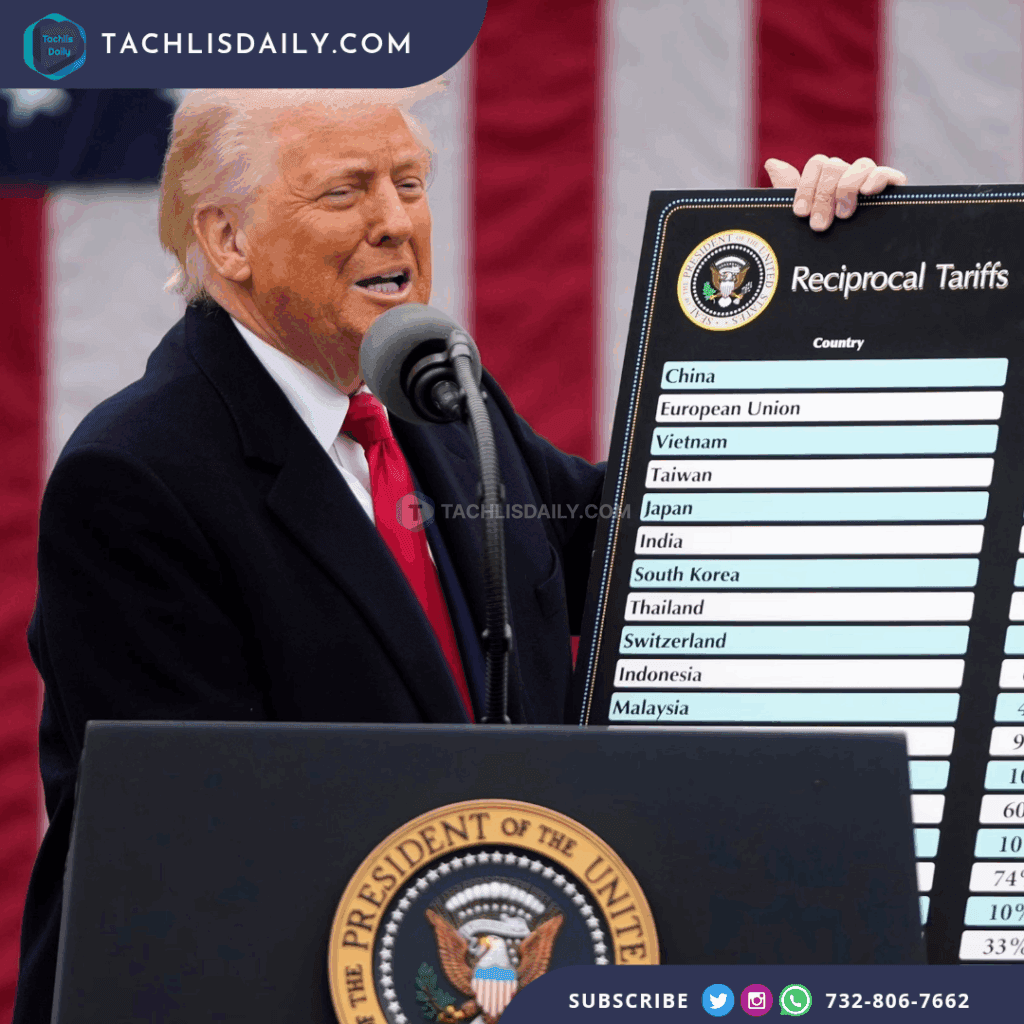The U.S. Court of International Trade has ruled against a new set of tariffs announced by President Trump on May 1, which he declared as “American Liberation Day.” The decision blocks the enforcement of duties on steel and aluminum imports from several countries, a move that had been promoted as a measure to reassert U.S. economic independence and protect domestic industries.
President Trump unveiled the tariffs during a major speech celebrating the symbolic day, aiming to restore what he called fair trade practices and reduce reliance on foreign manufacturing. The tariffs targeted imports from countries including Germany, Brazil, South Korea, and Japan. Supporters viewed the move as a bold assertion of national sovereignty and a long-overdue corrective to global trade imbalances that have harmed American workers and businesses for decades.
The trade court, however, found that the administration overstepped its legal authority by attempting to impose the new tariffs without following proper procedures or justifying the action under existing trade statutes. According to the court, the White House failed to provide adequate evidence that the targeted imports posed a national security threat, a necessary condition under Section 232 of the Trade Expansion Act, which had been used to justify similar tariffs in the past.
Legal experts say the ruling underscores the ongoing tension between executive trade policy and judicial oversight. Critics of the tariffs argued that the policy was implemented too quickly and lacked the transparency required under federal law. The court’s ruling emphasized the need for clear evidence, formal investigations, and compliance with established regulatory frameworks before new trade measures can be enacted.
In response to the decision, President Trump vowed to continue fighting for American industries and suggested that alternative legal pathways remain available. He emphasized his administration’s commitment to protecting U.S. manufacturing and warned against what he called the “globalist courts” trying to undermine national economic independence.
Business groups and trade associations expressed mixed reactions to the court’s decision. Some welcomed the ruling as a check on unilateral trade actions that disrupt global supply chains, while others voiced concern that the judiciary is interfering with the executive branch’s constitutional powers over trade and foreign policy.












